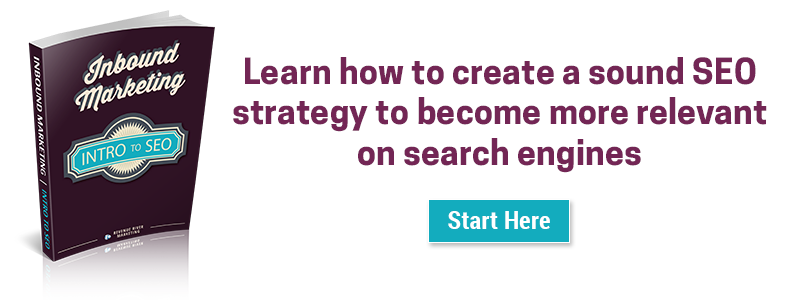

Coming to the world of marketing from screenwriting, I expected more conflict in adjusting my style from deeply narrative and dialogue based to something that I assumed would need to be more informative and targeted. Though I have been a writer for years and have written in a variety of formats – essays, blogs, scripts, hilarious captions and comments on social media posts – most of my writing had either been academic or entertainment focused. But as I started actually doing my work as a content marketer I realized that I was more than prepared.
Stories are Important
Telling your audience about your business is absolutely an important part of creating your content. While you could just write out a list of your products or services and hope that the cold logic of your potential customers will allow them to recognize your business as the best, why would you waste the opportunity of letting your audience get to know you better? Crafting the story of your business – also known as building your brand – allows you to have an emotional relationship with your audience instead of simply a transactional one.

The psychology of stories affects us all and should inform all of your brand building. We want to be told stories, and we look for the patterns of narrative in the same way that we look for and recognize faces in inanimate objects, just like in this image.
Another benefit of establishing the story of your brand is that the information you’re providing, no matter how technical, becomes easier to understand and retain. When good storytellers embrace this challenge, the results can be huge. Consider 2015 Best Picture nominee The Big Short. It's run time is over two hours, has characters breaking the 4th wall to describe such fascinating topics as subprime mortgages and collateralized debt obligations, and went on to gross $133.4 million and win an Academy Award. Communication and providing value to your audience is key in content marketing, and how much will you delight your customers (and hopefully quickly turn them into evangelists) if you can both provide the solution to their problem and entertain or move them?
Make a Beat Sheet
Building a long-form narrative like a screenplay or brand strategy can be daunting, but the #1 piece of advice I can provide (and remind myself to do with all my new projects) is to build a beat sheet. A beat sheet is the film industry’s version of a campaign plan, where all the goals, important moments, and key events are clearly defined and put in logical order.
Writing the story of your brand is closely tied to building successful inbound campaigns - in both you work to align all your content creation and promotion with the same messaging and goals. And while it’s easy to get excited about creating new content or building more engagement, jumping in without a plan can lead to trouble.
Heed this quote that is often attributed to either Benjamin Franklin or Winston Churchill, “If you fail to plan, you are planning to fail!”
Create your Characters
There are 2 main characters in the story of your brand: you and your audience. You’ve probably built out buyer personas for your ideal customers, but can you define your own brand in such specific terms? Who is your brand? How does it talk? What matters to it? What does it look like? Creating compelling and fully realized characters is an important part of storytelling, the screenwriting process, and it has to be a part of your brand building.
If you haven’t already, create a style guide for your brand both for visual style and for tone. With a well-made style guide, you will have the script to answer a lot of questions about your own brand. Even more, your entire team will be on the same page, empowering them to do great work in line with your brand narrative. This eliminates trial and error (and makes it easier for your now confident employees to buy in to your vision). When you cast yourself and your audience in the narrative of your brand, you align your wants and needs with theirs.
The End
Good storytelling calls for a beginning, middle, and end (or maybe a cliffhanger if you think it can support a franchise). That might sound terrifying for a brand, but keep in mind that while all stories have an end, there is no reason the story of your brand can’t go on for a very long time. Think of your brand as a well-loved TV show, not a movie.
Be like Law & Order or Doctor Who, endlessly adapting to the time and to input and feedback from your audience. Don’t lose sight of who you are at heart, but know that there are endless opportunities to expand and explore while re-enforcing what makes your narrative great. Stay compelling and relevant, but never lose what your customers fell in love with in the first place.

